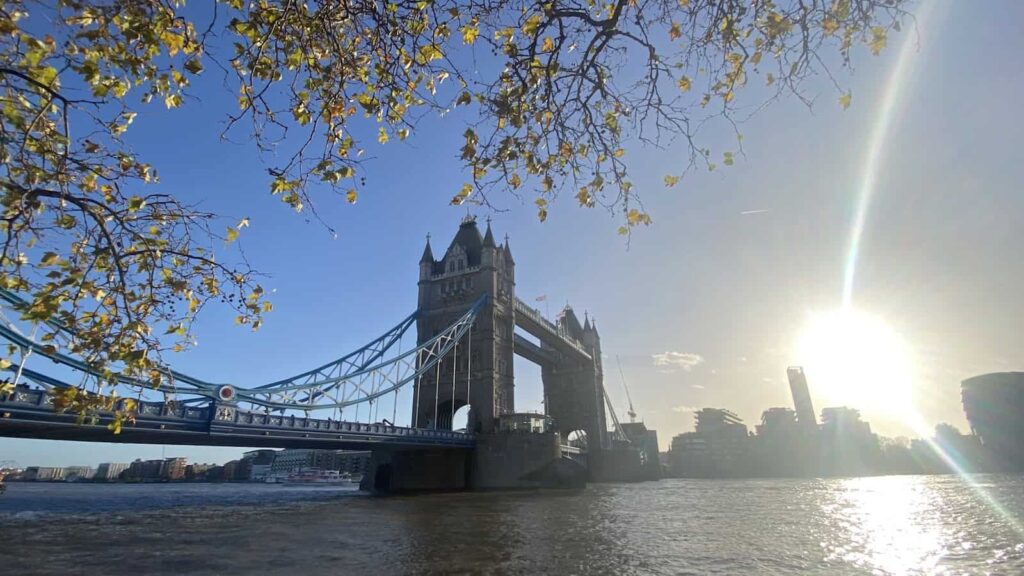12 English Sayings That Make No Sense to Non-Brits
12 English Sayings That Make No Sense to Non-Brits

British sayings can often be puzzling to those unfamiliar with them. These phrases, rich with history and charm, might sound odd without context. Here’s a look at 12 English sayings that are likely to confuse anyone who’s not from the UK.
1. Bob’s your uncle

This quirky phrase is a fun way to wrap up directions. It’s akin to saying “and there you have it” or “and you’re all set.” If someone explains how to do something and then tops it off with “Bob’s your uncle,” they mean that following the steps will easily lead to the desired result. It adds a touch of personality to what might otherwise be plain instructions.
2. It’s raining cats and dogs

This expression means it’s raining extremely hard, much more than just a typical drizzle. If someone says “it’s raining cats and dogs,” they’re picturing a downpour, where it feels as if items as large as pets are coming down from the sky. It’s a vivid way to describe very bad weather, often used to suggest that it’s best to stay indoors.
3. The bee’s knees

When someone refers to a thing as “the bee’s knees,” they’re telling you it’s superb or excellent. Originally from the 1920s, this charming term paints a picture of bees carrying pollen back to the hive in sacs located near their knees, suggesting something precious and outstanding. It’s a sweet way of giving a compliment to someone or something highly admired.
4. Popped his clogs

This saying is a less direct way of stating someone has died. It uses the image of shoes, or clogs, to soften the harsh reality of death. Saying someone “popped his clogs” can make a somber topic a touch lighter or less blunt. It’s a typically British understatement that hints at the inevitability of life’s end with a bit of humor.
5. Have a butcher’s

Coming from Cockney rhyming slang, “Have a butcher’s” means to take a look at something. It derives from “butcher’s hook,” which rhymes with “look.” This phrase is a playful twist on language, showcasing the inventive and humorous side of English expressions especially prevalent in London’s East End. It’s like being let in on a local secret when you learn what it stands for.
6. Not my cup of tea

This phrase is a polite way of saying that something is not liked or preferred. If someone says something is “not my cup of tea,” they mean it doesn’t suit their tastes. The imagery of tea, a critical component of British daily life, highlights personal preference in a gentle, non-confrontational manner. It’s helpful when expressing personal opinion without making a fuss.
7. More holes than a Swiss cheese

This expression is used to describe something that is full of flaws or gaps. Comparing an object or argument with Swiss cheese, known for its characteristic holes, vividly points out the shortcomings or missing parts. It’s a humorous yet clear way of highlighting that something isn’t as solid or complete as it ought to be.
8. Dead as a doornail

If something is described as “dead as a doornail,” it means it is completely non-functional or lifeless. The phrase likely comes from the heavy studs in medieval doors, which were hammered in and bent over to secure them, thus they were ‘dead’ because they were used once and then not meant to be reused. It’s a vivid expression used to emphasize the absolute state of something.
You may also like: 10 American Words And Sounds Foreigners Struggle To Pronounce
9. Sweet Fanny Adams

When someone says “Sweet Fanny Adams,” they’re essentially saying it amounts to nothing. The phrase has a curious and grim origin, but over time, it has evolved to mean nothing significant or of little value. It’s a quirky way of expressing the lack of something, often used to humorously convey disappointment or the unremarkable nature of an event or object.
10. Mad as a hatter

This expression describes someone who is completely crazy. It originates from the 18th and 19th centuries when hatters, who used mercury in felt hat making, often developed mercury poisoning which could lead to erratic behavior. Today, if someone is “mad as a hatter,” they’re behaving in a way that’s so out of the ordinary, it’s almost unbelievable.
11. The full Monty

The phrase “the full Monty” means everything that is necessary or possible. It’s suggested that this saying could have military origins or might relate to a fully tailored suit from the tailors Montague Burton. Using “the full Monty” indicates that nothing is left out; it encompasses everything that you could need or want in a situation.
12. Knees up

“Knees up” is a particularly lively and cheerful British term for a party or celebration. The term comes from a traditional cockney-style dance that involves lifting the knees high. If you’re invited to a “knees up,” expect a fun, informal gathering with plenty of dancing and merriment. It’s a phrase that promises good times and lively entertainment.
10 London Things Foreigners Find Mind Boggling

Read More: 10 London Things Foreigners Find Mind Boggling
12 French Words Americans Use The Wrong Way

Read More: 12 French Words Americans Use The Wrong Way
We are Mary and Eric, the founders of Be Right Back, a blog dedicated to romance around the globe and at home.
We are Mary and Eric, the founders of Be Right Back, a blog dedicated to romance around the globe and at home. With over 10 years of experience in dating and traveling to romantic places, we share our favorite date ideas and romantic destinations to help couples level up their relationships. Having lived in and traveled through the USA, we also share our favourite things to do in the States.
With 70,000 monthly readers and 16,000 followers on social media, Be Right Back is your go-to resource for romantic trip ideas and couple activities at home and abroad.
